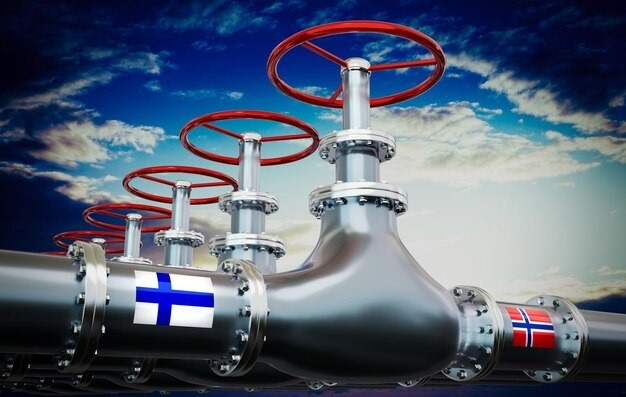Floating Liquefied Natural Gas (FLNG) System 23rd – 27th June, 2025
- Description
- Reviews
Course Overview
This specialised 5-day program provides participants with comprehensive knowledge of Floating Liquefied Natural Gas (FLNG) systems, which enable offshore LNG production, liquefaction, storage, and transfer. The course delves into the engineering design, operational processes, and technological aspects of FLNG facilities, offering practical insights into their application as a flexible alternative to onshore infrastructure. Emphasis is placed on the liquefaction process, storage solutions, offloading operations, and addressing challenges unique to offshore environments, including safety, environmental considerations, and adverse weather conditions.
Course Objectives
By the end of this course, participants will be able to:
-
Understand the principles and technology behind Floating LNG systems.
-
Analyse the engineering design and operation of offshore liquefaction and storage units.
-
Evaluate the LNG liquefaction process and offloading techniques to carrier vessels.
-
Identify and address challenges related to offshore operations, such as weather and environmental factors.
-
Implement safety protocols and operational best practices for FLNG systems.
-
Assess the economic and technical benefits of FLNG as an alternative to onshore facilities.
Target Audience
-
LNG facility operators and engineers.
-
Offshore operations managers.
-
Process and project engineers.
-
Marine and mechanical engineers.
-
Safety and environmental professionals.
-
Energy industry professionals involved in LNG operations and logistics.
Daily Agenda
Day One: Introduction to Floating LNG Systems
-
Overview of FLNG technology and its role in the LNG value chain.
-
Comparison of onshore LNG plants versus offshore FLNG units.
-
Key components and design features of FLNG facilities.
-
Project planning and site selection for offshore LNG operations.
-
Economic drivers and feasibility of FLNG implementation.
-
Case study: Global FLNG projects and their impact.
Day Two: Engineering Principles of FLNG Systems
-
The natural gas pre-treatment process: gas separation and purification.
-
LNG liquefaction technologies and processes used in FLNG units.
-
Key equipment: compressors, heat exchangers, and refrigeration systems.
-
FLNG storage systems: cryogenic tanks and their design considerations.
-
Power generation and utility systems onboard FLNG facilities.
-
Workshop: Analysing the liquefaction process flow in an FLNG unit.
Day Three: LNG Storage and Offloading Operations
-
Offshore LNG storage: types, safety, and insulation techniques.
-
LNG transfer methods: loading arms, flexible hoses, and tandem mooring.
-
Offloading LNG to carriers: key technologies and operational procedures.
-
Challenges in offshore offloading: vessel movement, sea state, and safety measures.
-
Emergency systems for handling spills and transfer failures.
-
Group discussion: Best practices for safe LNG offloading.
Day Four: Offshore Operational Challenges and Solutions
-
Environmental and weather challenges affecting FLNG operations.
-
Structural integrity and stability of FLNG facilities in harsh conditions.
-
Addressing marine environmental impacts and regulatory compliance.
-
Safety protocols: hazard identification, risk management, and incident response.
-
Maintenance practices to ensure FLNG system reliability.
-
Case study: Environmental and operational challenges in FLNG deployment.
Day Five: Safety, Risk Management, and Future Trends
-
Safety standards and protocols for FLNG facilities.
-
Implementing emergency response and evacuation plans.
-
Risk management frameworks for offshore operations.
-
Innovations in FLNG technology: modular designs and energy efficiency.
-
The future of FLNG in global LNG production and energy transition.
-
Final assessment and group discussion: Lessons learned and key takeaways.
Why Choose this Course?
This course equips participants with the technical knowledge and operational expertise required to navigate the complexities of FLNG systems. By understanding the engineering, storage, and offloading processes, as well as the challenges of offshore environments, participants will gain the skills to optimise FLNG operations safely and efficiently.
Learning Outcomes
Upon completion of the course, participants will:
-
Demonstrate a clear understanding of the design and operations of FLNG systems.
-
Evaluate LNG liquefaction, storage, and offloading technologies for offshore facilities.
-
Address safety, environmental, and weather-related challenges in offshore LNG production.
-
Develop risk management strategies and emergency response protocols.
-
Assess the economic and technical advantages of FLNG as a flexible energy solution.





